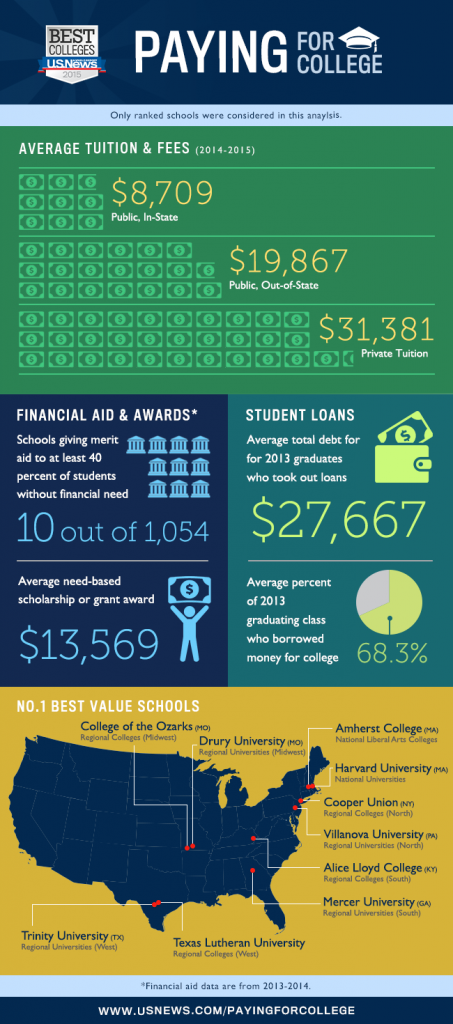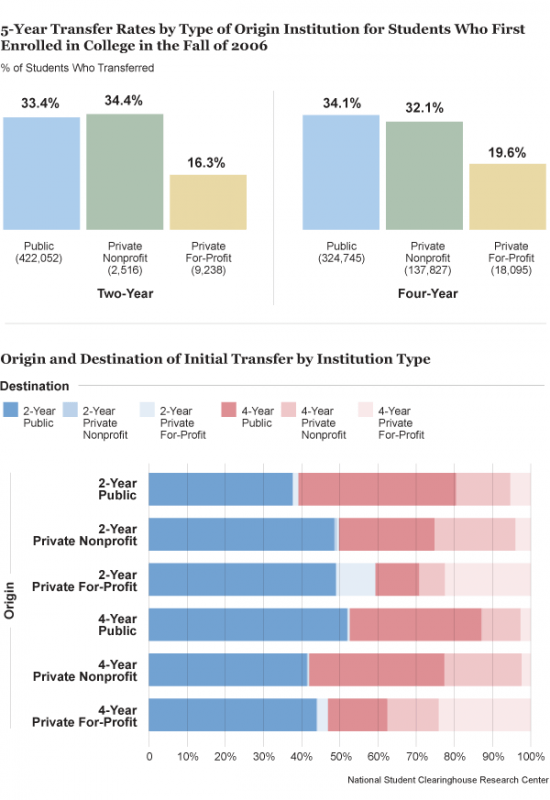Community College: Not the Worst Thing in the World
So I remember back in the day when I was a Senior in high school (circa 2010) and everyone was flustered over what college they were going to. While my fellow classmates were fighting over recommendation letters and lining up college visits, I procrastinated (well, there was that one college trip where I pretended to be Junior just to get out of class). In fact, I went into a pretty bad depression because I knew that my future had community college in it.
Now community college seems to always get a bad rap. I know when I was in school my perception was that kids who went to community college went because they couldn’t get into “real” college. In reality though, I was upset because I thought that I was missing out on something. I wouldn’t be able to have my freshman dorm drama or experience the college lifestyle that Target had presented to me in extra long comforters with matching shower caddies. But now, as a lady of 23 with a college degree starting to collect some dust, I can honestly say going to community college was a fantastic choice.
1. Your College Loan Debt is Drastically Lower
When you are a fresh-faced high school student those student loans seem like a distant cousin that once in a while sends you an email. However, once you hit that six month post grad mark, that cousin because a psycho stalker who is ready to hunt you down and steal all your money (I know I’m not the only one that resents anyone named Sallie Mae).
But seriously, college is expensive and most of those expenses are not tuition. When I was going to community college my average semester cost from 1,00o to 1,500 dollars, including books and lab fees.
According to the College Board, the average cost of tuition and fees for the 2014–2015 school year was $31,231 at private colleges, $9,139 for state residents at public colleges, and $22,958 for out-of-state residents attending public universities.
While my friends are looking at a rough, $50,000 to $100,000 in loans, I am barely skimming the $15,00o mark from my two years at a state college.
By being able to pay during each semester, I skipped what really racks up your cost of education, interest.
2. The Opportunity to Find Yourself
When you are thrown into a four year school you are immersed in one massive clump of students. During a period between ages 18 (sometimes even 17 or 16) to your early 20s, you are in one community, a community you choose when you were still a teen. I don’t know about you, but I’m a lot different from when I graduated high school compared to when I graduated college. No wonder that 1/3 of college students transfer schools. Granted this is including students like me who went to a two-year institution and then went on to continue their education, however there is a still 34% of college students transfer from four year schools.
You change in these years; in the beginning you might have wanted to get as far away from your family as possible, but three weeks into Fresh year you are begging to be back home. The best thing about community college is that you aren’t forced to decide on a major. Generally most community colleges will require your degree to be in something, but the vagueness of liberal arts (i.e. what my Associates is in) can cover pretty much anything. These Associates degrees also cover the Gen-eds of what you would have to take anyway at a four year school, but they also give you more flexibility on what classes to take. When I did finally pick my major and went off to Stockton University, I had already taken classes that I know I wouldn’t have taken if I had gone straight out of high school. When you go to a four year school you are forced in a track of required courses that may not let you take the classes you want. This allows you to be more independent with your education. At a four year school you have an adviser who babysits your college career, whereas in community college you’re more likely on your own. You make the choices of what you want to take and how that works out in the grand scheme of your life. Also, if you have no idea what you want to do after high school (which isn’t crazy), you have time to dabble into a few fields, find your niche, and go onto to a four year school (or the work force) with a confident idea of what you want for yourself.
3. Local Networking
Networking is something no one tells you to do until it is too late. When you go to a four year school, you go to class, you hang out with your friends, and you make some not-so-great choices. The thing is, though, that you need to make those connections outside of school. Hopefully you were lucky to have someone tell you this early on, and even if you do, its kind of hard to keep tabs on who is who when you graduate and move back home 1,000 miles away from your Alma mater. When you go to community college, you’re in your community! You are able to network with local professors, advisers, and fellow students, all in your backyard. The opportunities from these sources are also local. You don’t have to drive three hours a day for a summer internship or have the dreaded phone interview. Community college is where you can find people that are from your home that work in the field you are interested in. You’ll have a greater idea of what works and what doesn’t within your community, and most likely have a mentor as well.
Whatever your choice is with school, remember that your choice is the right choice.
Any community college grads want to shout out? Comment below and you tell me what you think are the benefits and disadvantages of community college.
Resources:







